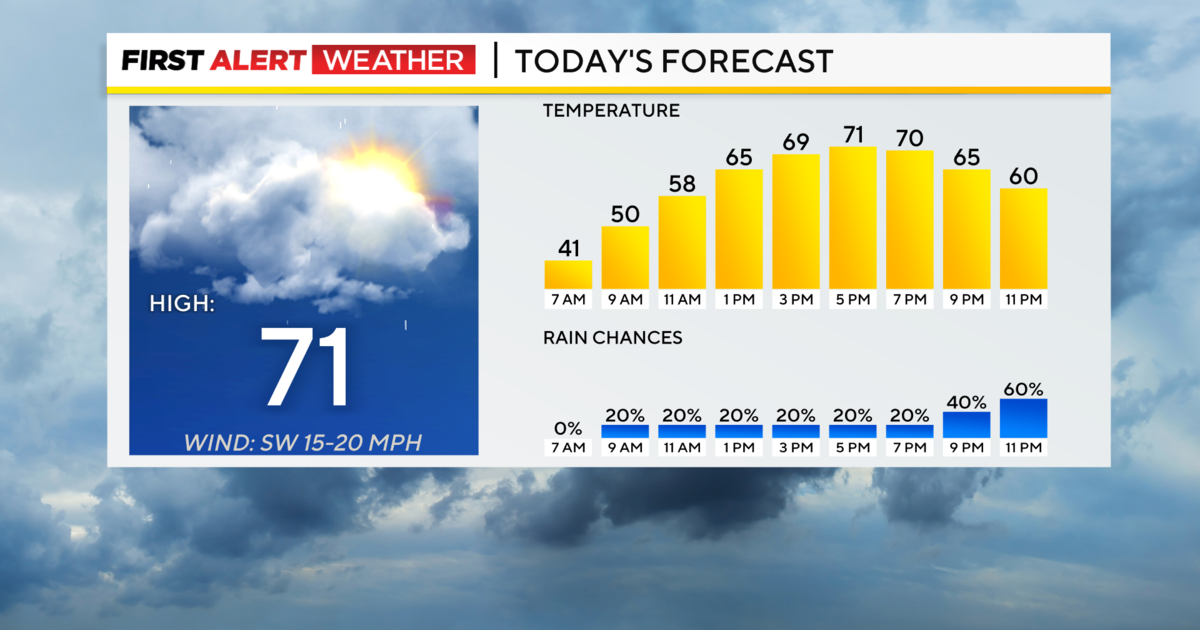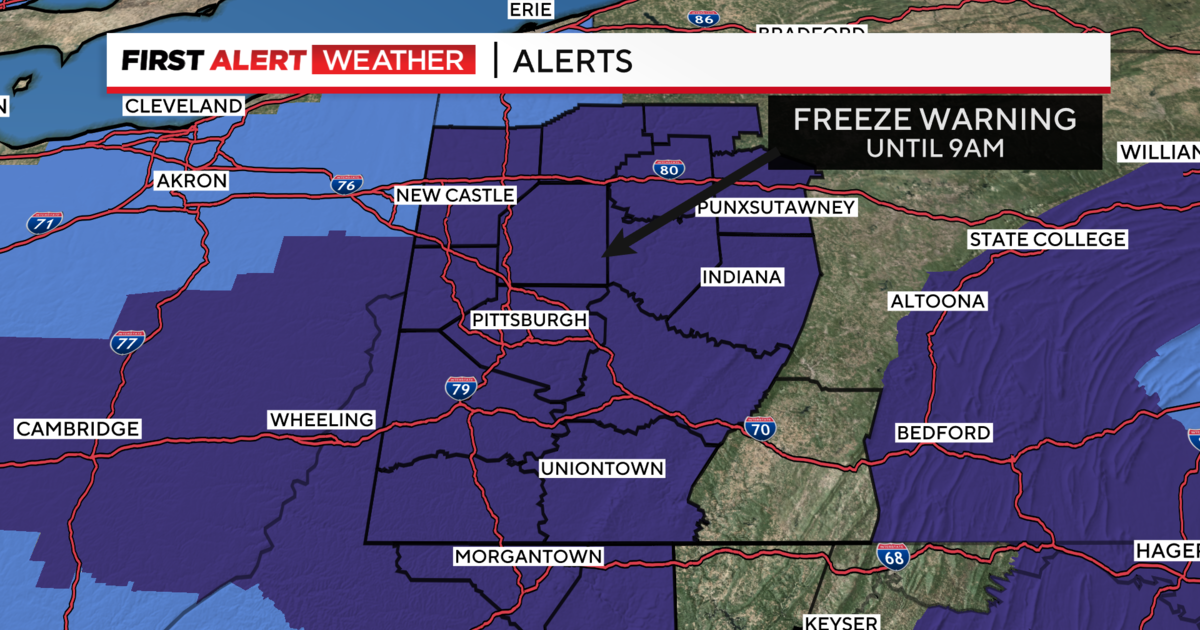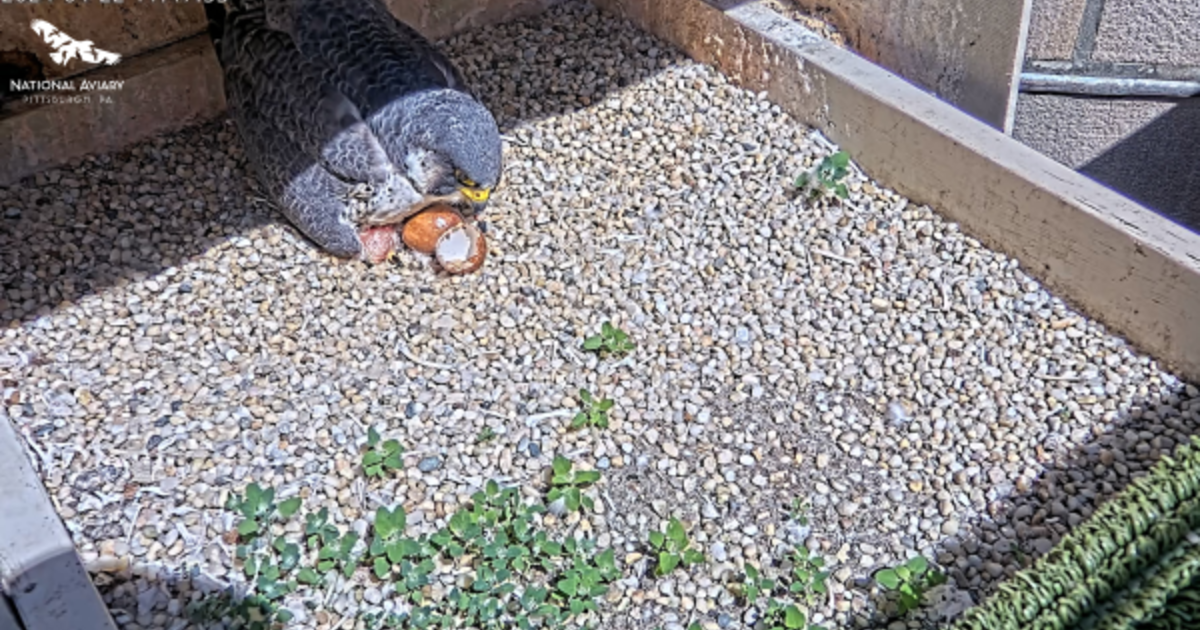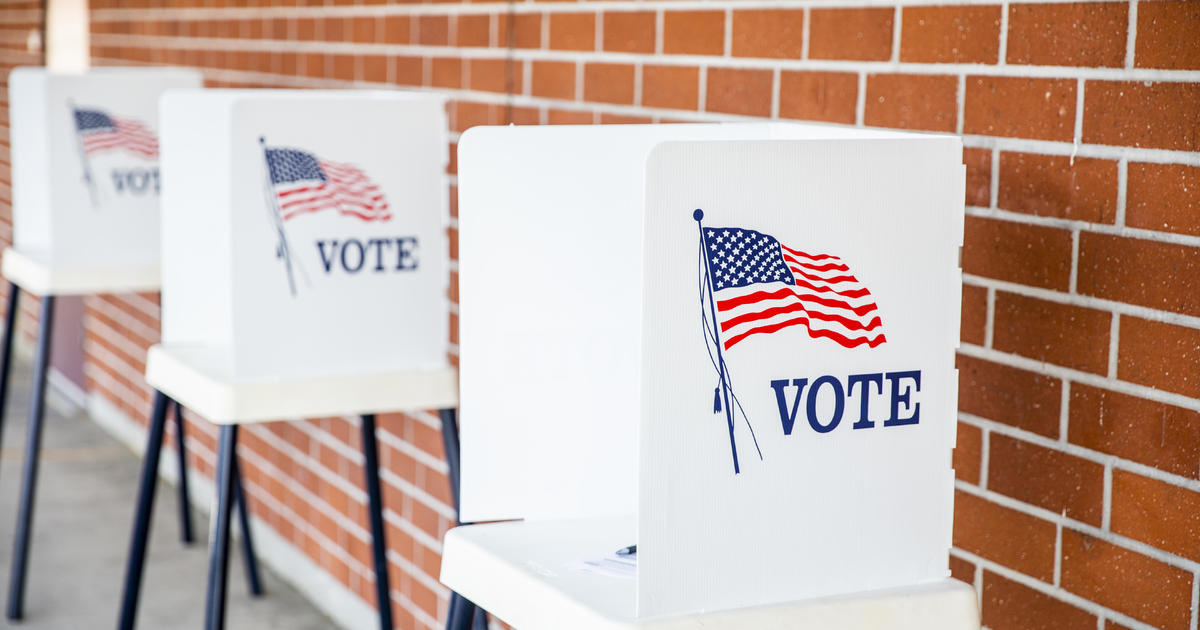Chief Meteorologist Jeff Verszyla's 2015-16 Winter Weather Forecast
PITTSBURGH (KDKA) -- The changing leaves, the cooler air and the plethora of pumpkin products means fall is here and reminds us that winter can't be far behind.
So, will this year's winter season in Southwestern Pennsylvania be as harsh as the past few years when the Polar Vortex brought bitterly cold temperatures and higher than average snow?
Answering that question is the goal of KDKA Chief Meteorologist Jeff Verszyla's annual Winter Weather Forecast.
This year, since the main phenomenon that will influence our winter weather is El Nino, Jeff first traveled to the National Climate Prediction Center in Maryland to talk to the experts there.
El Nino is a weather pattern that creates a domino effect: warmer than normal ocean temperatures in the equatorial Pacific sets off changes in global circulations and the position of the jet stream, which in turn impacts weather patterns across the United States.
Climate Prediction Center Deputy Director Mike Halpert told Jeff that this season's El Nino is extremely strong.
"It's among the strongest we've seen dating back to 1950," said Halpert.
In the past, strong El Nino events have produced extreme seasonal weather, so knowing its influence will last all winter leads to greater confidence in predicting potential weather patterns.
Halpert says confidence is near 95 percent that El Nino's influence will last throughout the winter season.
"That's crazy high," said Halpert.
Based on that, Jeff is predicting that temperatures here will be milder and snowfall less plentiful than it has been in recent memory.
Jeff predicts temperatures will be higher than normal from November through January.
February will be the coldest month of the winter with temperatures averaging 29.7 degrees, which is below normal.
Jeff says March will return to above normal temperatures and the possibility of an early spring.
Averaging it all out, Jeff predicts winter temperatures will be 1.5 degrees above normal.
When it comes to snowfall, Jeff predicts below normal totals in November, but the potential for nine inches in December, which is higher than average.
Jeff predicts January will see the storm track shift further south and that there will be fewer lake effect storms, leading to lower than normal snowfall.
Jeff says February will also be below normal at nine total inches, but may have some brief blasts of snow, and March will be fairly normal at 7½ inches with occasional small accumulations.
Jeff says all told, snowfall totals will come out to about 33 inches, which is about 6½ inches below normal and the lowest winter snow total in 10 years.
Aside from less shoveling and fewer days of battling frigid temps outdoors, Halpert points out that a milder winter will have an impact on your wallet as well.
"Heating costs are generally greatly reduced, especially for the stronger events, so there's a big economic savings," associated with a strong El Nino, said Halpert.
Join The Conversation On The KDKA Facebook Page
Stay Up To Date, Follow KDKA On Twitter



